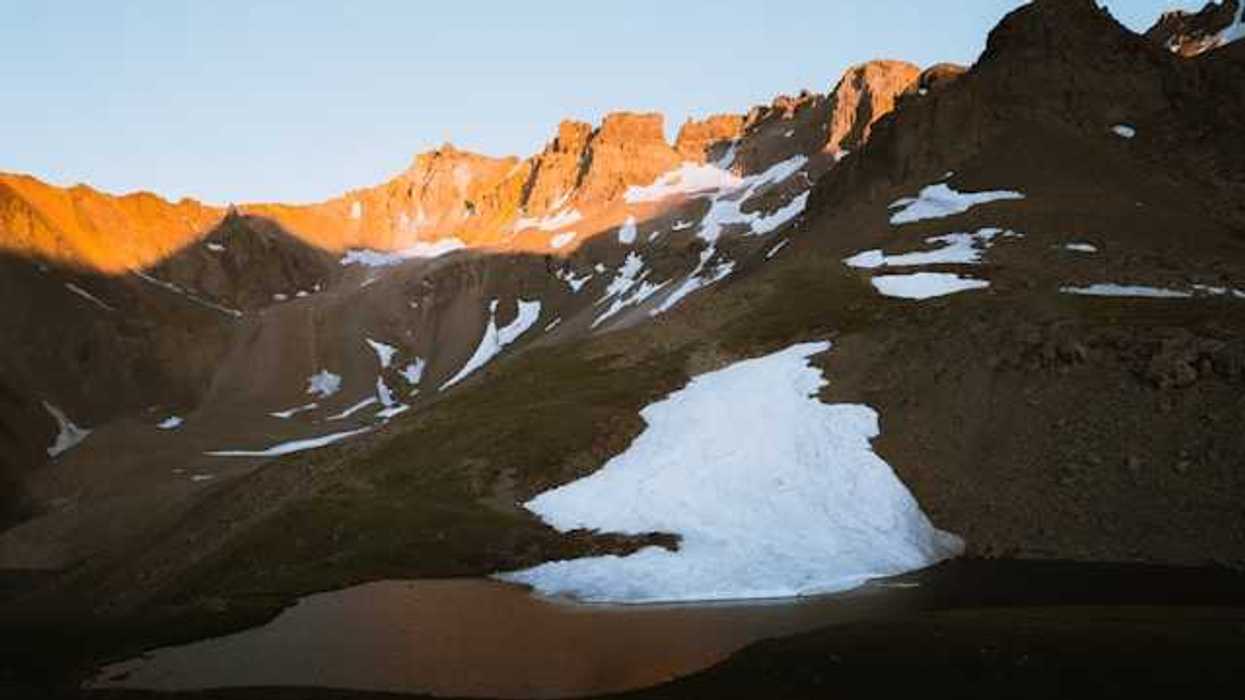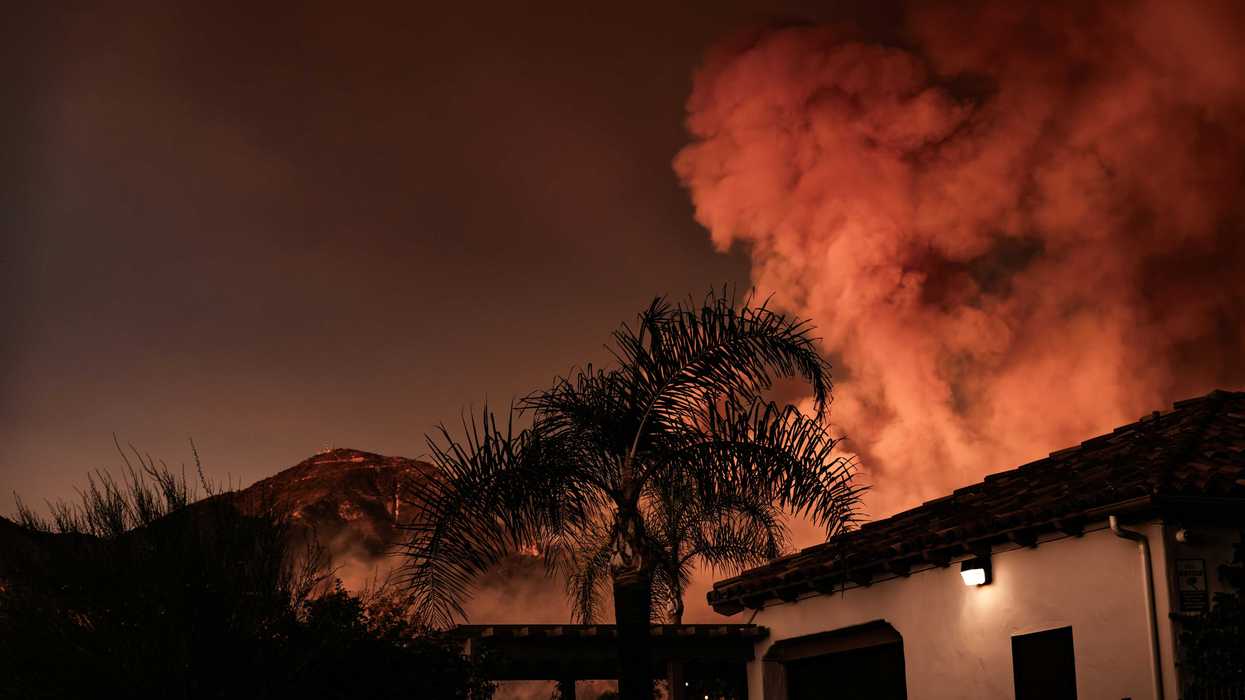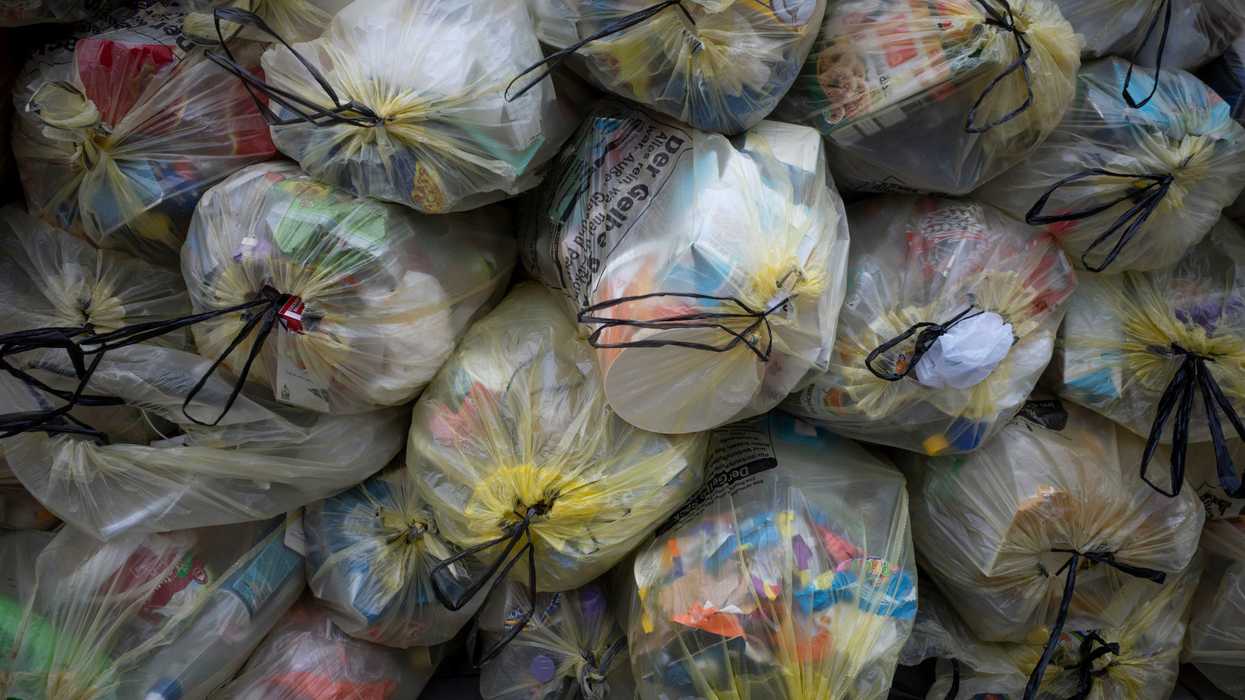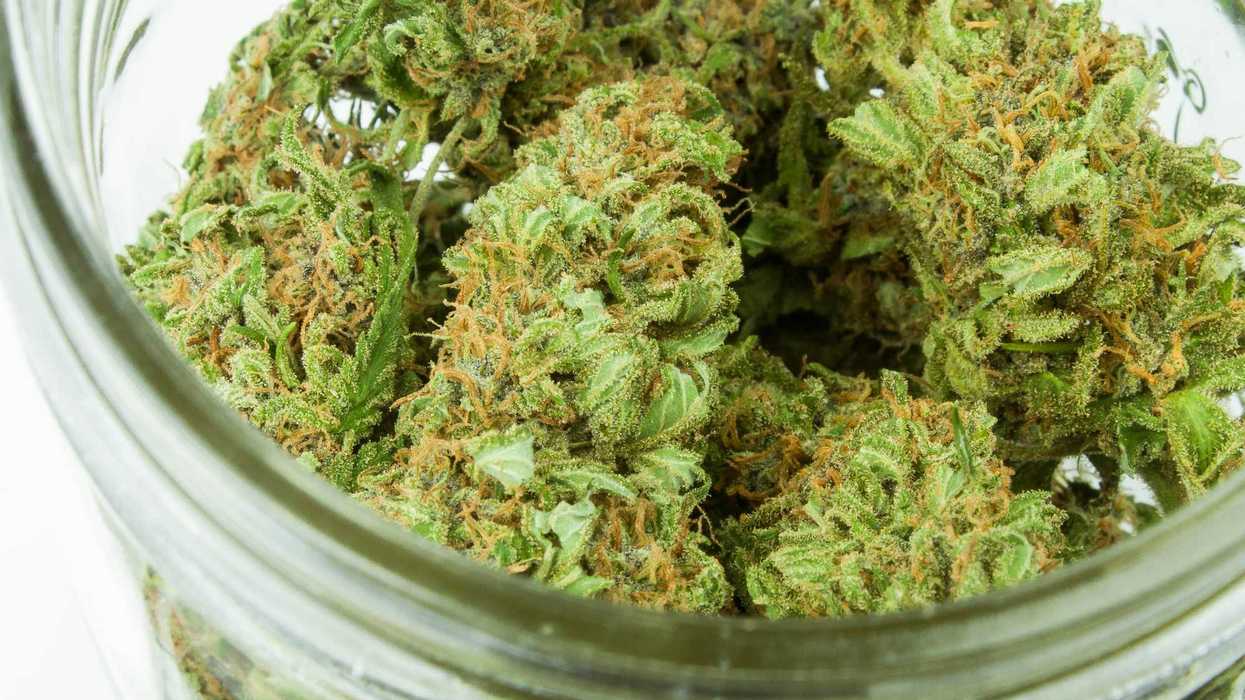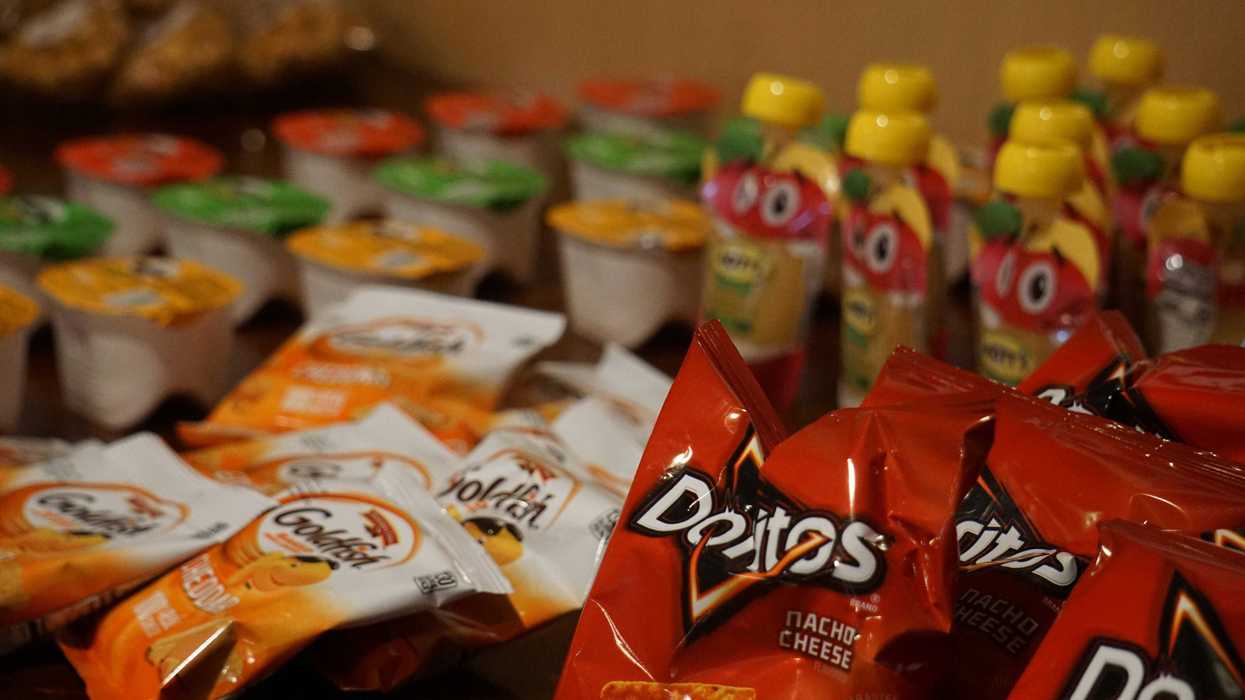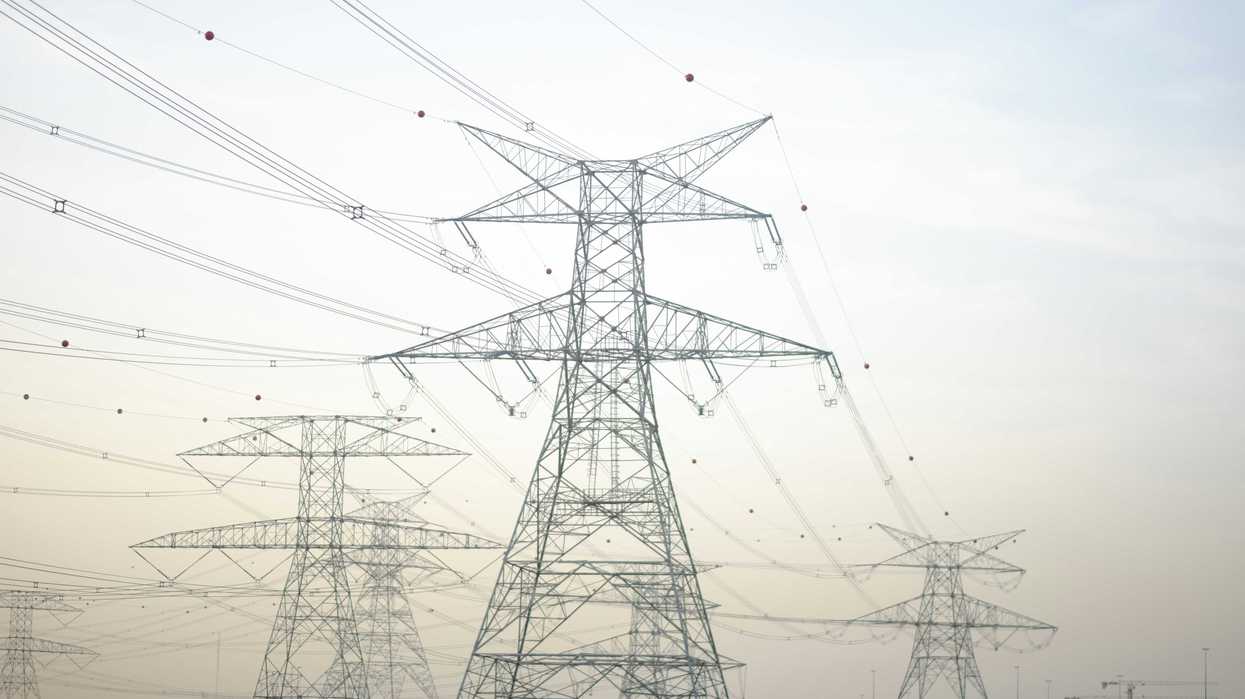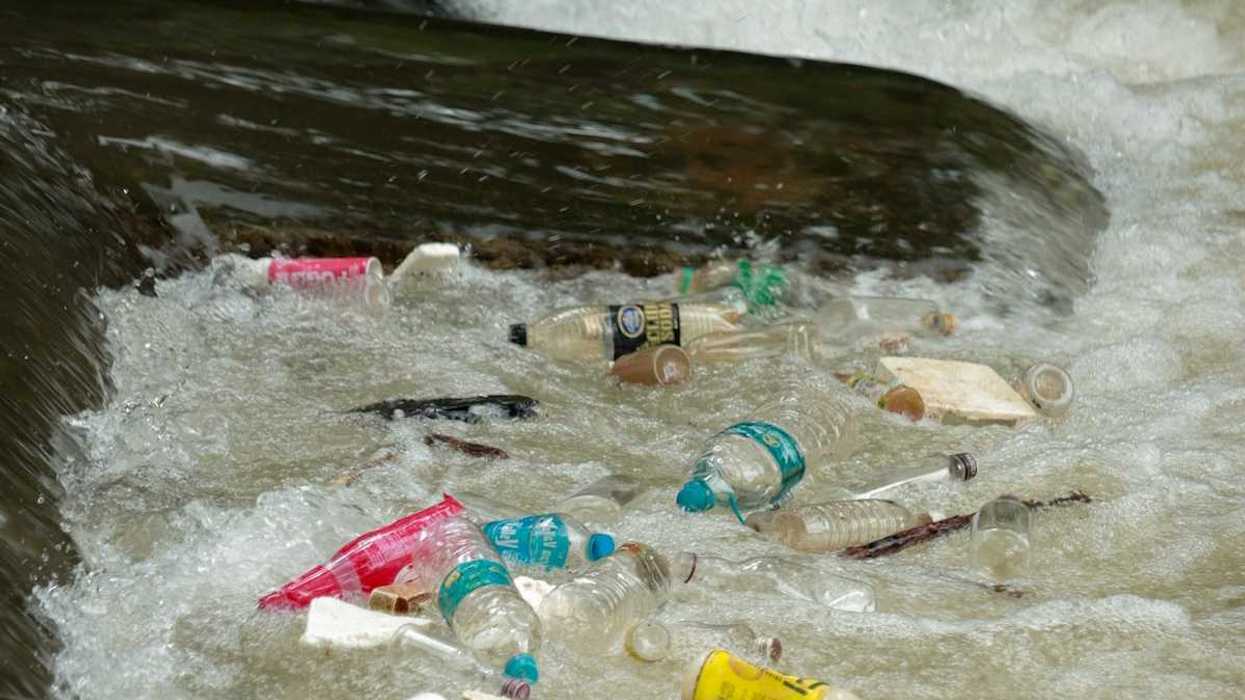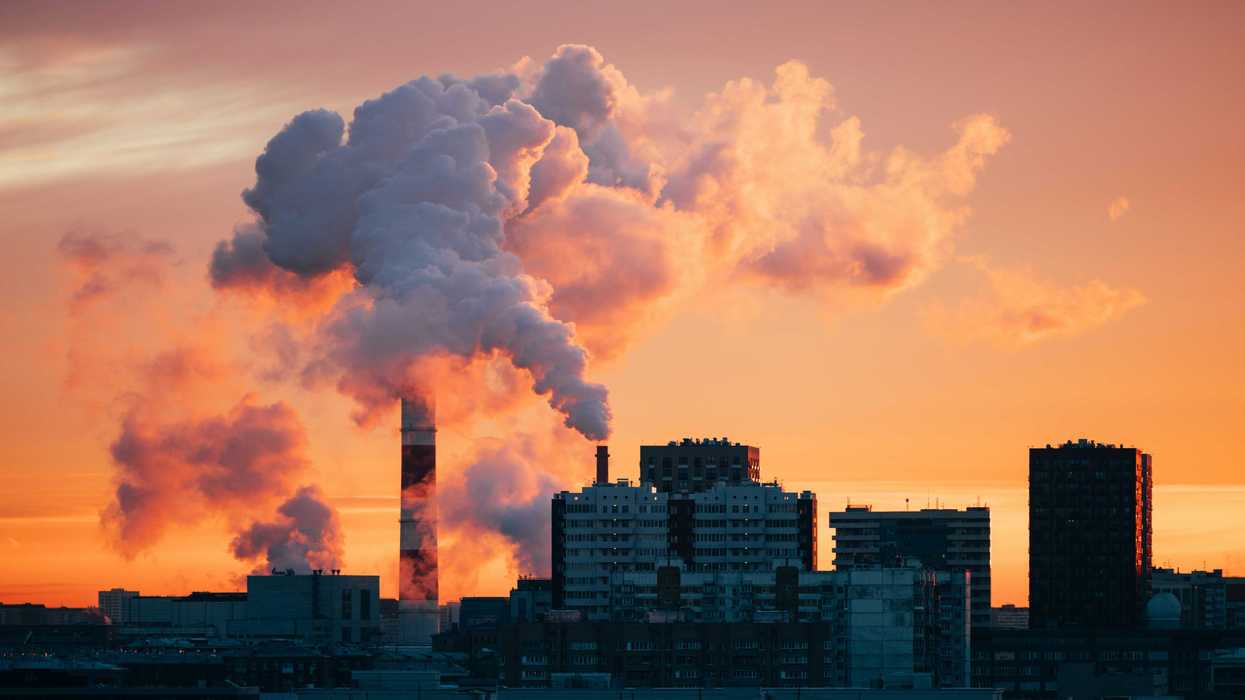A draft bill by Brazil’s Supreme Court justice Gilmar Mendes would erode Indigenous veto power over economic activity on ancestral lands and complicate land demarcation.
Karla Mendes reports for Mongabay.
In short:
- Justice Mendes proposed a bill that removes Indigenous veto power over projects like mining and infrastructure on their lands, despite a previous Supreme Court ruling affirming those rights.
- The bill also creates legal pathways for non-Indigenous settlers to remain on demarcated Indigenous land until they receive compensation, delaying removal and use by Indigenous communities.
- Legal experts and Indigenous advocates say the bill contradicts Brazil’s Constitution and Supreme Court precedent, while undermining judicial impartiality.
Key quote:
“It is not up to the Supreme Court to negotiate the rights of any group, especially the Indigenous peoples.”
— Maurício Guetta, deputy coordinator for policy and law at Instituto Socioambiental
Why this matters:
Brazil’s Indigenous territories have long served as natural barriers to deforestation, acting as crucial buffers against the spread of agricultural expansion, mining, and illegal logging in the Amazon. These lands, stewarded by communities with centuries of traditional ecological knowledge, are home to an outsized share of the planet’s biodiversity and store billions of tons of carbon. Yet in recent years, political pressure to open these areas to development has intensified, raising alarms among scientists, human rights organizations, and climate advocates alike.
The erosion of Indigenous rights doesn’t just undermine cultural survival; it directly threatens global efforts to stabilize the climate. Studies have consistently shown that Indigenous-managed forests experience significantly lower rates of deforestation compared to adjacent lands. Weakening these protections could trigger a cascade of environmental consequences: increased carbon emissions, degraded ecosystems, and heightened vulnerability to climate-driven disasters. At stake is not only the future of the Amazon, but a cornerstone of global climate resilience.
Learn more: Lula’s efforts to save the Amazon face agribusiness opposition



